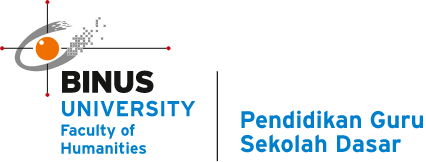Existentialism in Education: Cultivating Critical Thinking and Personal Growth
Existentialism is a philosophical movement that emphasizes individual freedom and choice, as well as the inherent meaninglessness of life. It is a complex concept with implications in many areas of life, including education. In this article, we will explore existentialism and its implications in education.
Existentialism is based on the idea that individuals have the power to create their own meaning in life. It emphasizes the importance of individual choice and responsibility, as well as the uniqueness and complexity of each individual. In existentialist philosophy, the meaning of life is not predetermined or inherent, but rather created through personal choices and experiences.
The concept of existentialism has significant implications in education. Traditional education often focuses on the transmission of knowledge and the acquisition of specific skills. However, an existentialist approach to education emphasizes the development of the whole individual, including their values, beliefs, and personal experiences. It encourages students to question traditional forms of authority and knowledge, and to actively engage in the process of learning.
One of the key principles of existentialism is the concept of authenticity. This refers to the idea that individuals should be true to themselves and their own experiences, rather than conforming to external expectations. In education, this means that students should be encouraged to explore their own interests and passions, and to develop their own unique identities. Teachers can support this process by creating a safe and inclusive learning environment that allows for personal exploration and expression.
Another important aspect of existentialism in education is the emphasis on individual choice and responsibility. This means that students should be given agency over their own learning, and encouraged to take responsibility for their own progress and development. This can be achieved through activities such as goal-setting and self-reflection, which help students to develop a sense of ownership and autonomy over their learning process.
Existentialism also emphasizes the importance of the present moment, and the value of personal experience. In education, this means that students should be encouraged to engage fully in the learning process, and to embrace the challenges and opportunities that arise. This can be achieved through activities such as project-based learning and experiential education, which provide students with opportunities to apply their learning in real-world contexts.
However, there are also some potential challenges associated with an existentialist approach to education. One of the main criticisms is that it can be difficult to measure or assess student learning, particularly if it is focused on personal growth and development rather than specific skills or knowledge. This can be addressed by developing alternative forms of assessment, such as self-assessment or peer evaluation, that focus on the development of personal qualities and skills.
In conclusion, existentialism is a complex philosophical concept with significant implications in education. It emphasizes the importance of individual choice, authenticity, and personal experience, and encourages students to develop their own unique identities and take responsibility for their own learning. While there are some challenges associated with this approach, it can be a powerful tool for fostering personal growth and development in students.


